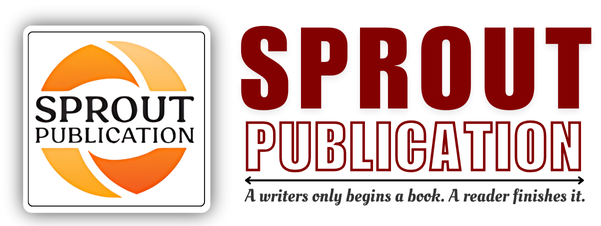Chapter 13: Biological Tests and Assays -III
Chapter 13: Biological Tests and Assays -III
Author: Dr. Surya Prakash Gupta
Volume: 01
First Online: 31 August 2024
Pages: 254-267
DOI:
Abstract
Biological tests and assays for pharmaceuticals and therapeutic agents ensure their safety, efficacy, and quality. Heparin sodium IP, an anticoagulant, is tested for its potency using assays that measure its ability to inhibit blood clotting. The principle involves evaluating the heparin’s effect on clotting factors through specific clotting assays, such as the activated partial thromboplastin time (aPTT) test. The advantages of heparin sodium include its effectiveness in preventing and treating blood clots, with its precise dosing critical for patient safety. Antivenom, used to treat venomous bites or stings, is assessed through neutralization assays that measure its capacity to neutralize venom toxins. These assays often involve injecting venom into animals and treating them with the antivenom to evaluate its protective effect. While antivenom is life-saving, its disadvantages include potential allergic reactions and limited availability. Polymerase Chain Reaction (PCR) is a molecular biology technique used to amplify specific DNA sequences, essential for gene regulation studies. The principle involves using DNA polymerase to replicate targeted DNA segments through cycles of denaturation, annealing, and extension. PCR instrumentation includes thermal cyclers that control these temperature cycles, and the procedure allows for the detection and quantification of gene expression, facilitating research in genetics and molecular biology. These tests and assays are fundamental in developing and validating therapeutic products and advancing scientific research.
Keywords: Biological tests and assays, Pharmaceuticals, Therapeutic agents, Safety, Heparin sodium IP, Anticoagulant, Potency assays

